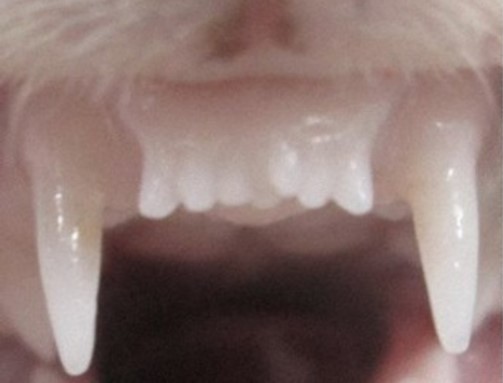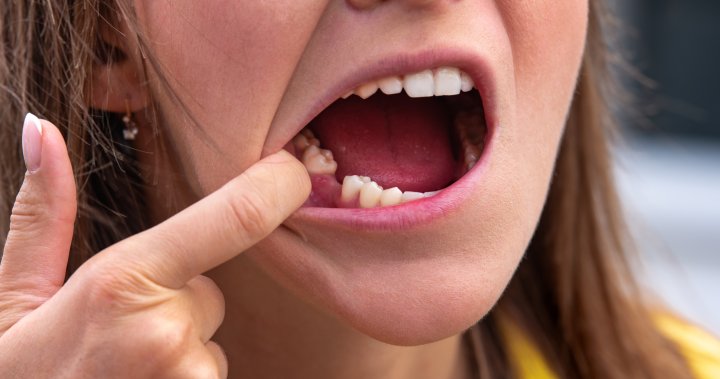The ability to regrow your own teeth could be just around the corner.
A team of scientists, led by a Japanese pharmaceutical startup, are getting set to start human trials on a new drug that has successfully grown new teeth in animal test subjects.
Toregem Biopharma is slated to begin clinical trials in July of next year after it succeeded growing new teeth in mice five years ago, the Japan Times reports.
Dr. Katsu Takahashi, a lead researcher on the project and head of the dentistry and oral surgery department at the Medical Research Institute Kitano Hospital, says “the idea of growing new teeth is every dentist’s dream.”
“I’ve been working on this since I was a graduate student,” he told Japan’s national daily news site, the Mainichi, earlier this year. “I was confident I’d be able to make it happen.”
In his research, which he’s been conducting at Kyoto University since 2005, Takahashi learned of a particular gene in mice that affects the growth of their teeth.
The antibody for this gene, USAG-1, can help stimulate tooth growth if it is suppressed – and scientists have since worked to develop a “neutralizing antibody medicine” that is able to block USAG-1.
Now, his team has been testing the theory that “blocking” this protein could grow more teeth.
After their successful tests on mice, the team went on to perform similarly positive trials on ferrets – animals who have a similar dental pattern to humans.

The front teeth of a ferret treated with tooth regrowth medicine. The medicine induced the growth of an additional seventh tooth (centre).
Courtesy / Dr. Katsu Takahash
Now, testing will turn to healthy adult humans and, if all goes well, the team plans to hold a clinical trial for the drug from 2025 for children between two and six years old with anodontia – a rare genetic disorder that results in the absence of six or more baby and/or adult teeth.
According to the Japan Times, the children involved in the clinical trial will be injected with one dose of the drug to see if it induces teeth growth.
If successful, the medicine could be available for regulatory approval by 2030.
Takahashi hopes the new medicine could be just another option for those who don’t have a full set of teeth.
“In any case, we’re hoping to see a time when tooth-regrowth medicine is a third choice alongside dentures and implants,” Takahashi told Mainichi.
© 2023 Global News, a division of Corus Entertainment Inc.




